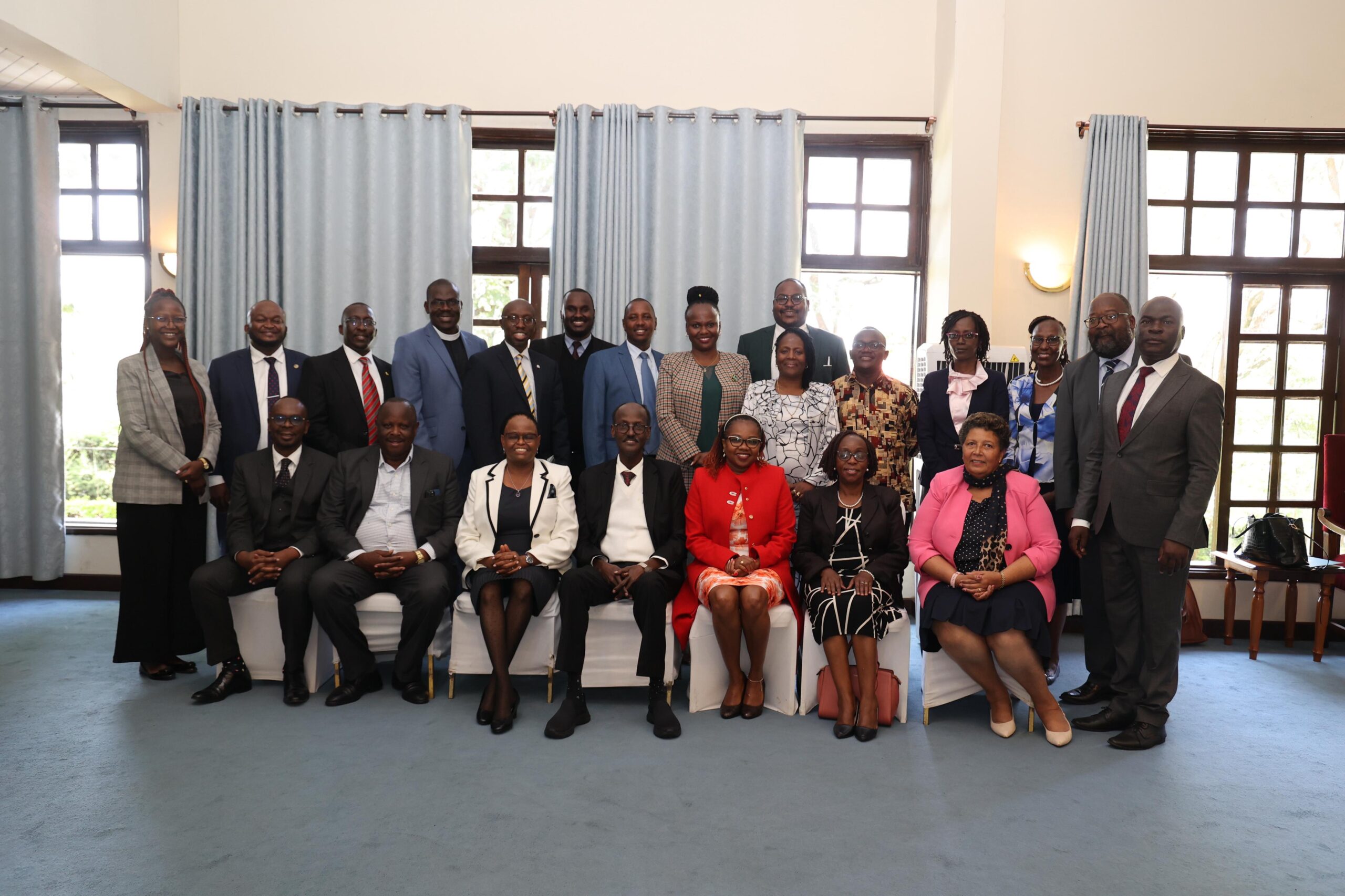NAIROBI,Kenya – Over the last few years, the most powerful countries in the world and the largest tech companies have been preparing to harness the potential of the artificial intelligence revolution. China, the USA, and other countries, alongside big tech companies, are heavily invested in developing AI that can perform tasks previously considered capable only by human beings.
The rapid advancement of technology, combined with the increasing availability of large datasets, improved algorithms, computer hardware, and substantial corporate investment, is poised to accelerate progress and bring significant economic benefits.
When an AI system is well-designed and has the advantage of learning from a good and extensive dataset, it enhances convenience, accuracy, and, consequently, utility. This leads to an expansion in the user base, generating richer datasets that, in turn, refine the AI system.
As a result, a positive feedback loop flourishes between AI systems and data, each bolstering the other’s efficacy. Consequently, computing is moving beyond structured, predictable environments such as recognising images, translating languages, predicting speech, and diagnosing diseases.
It is poised to be capable of a broader range of applications, such as solving the climate crisis.
Countries are not just recognising but embracing the fact that AI will be the driving force behind the Fourth Industrial Revolution, of which AI is part. With its potential to generate billions, if not trillions, for the prepared countries, this revolution is a topic of great interest and engagement for global policymakers, business leaders, and individuals interested in technology and global economics.
According to the AI Media Group “2022 State of AI in Africa Report”, the AI market is projected to be $387 billion dollars in 2022 and will expand to $1,394 billion by 2029. According to some estimates, it will contribute $15.7 Trillion USD to the global economy by 2030 with a Compound Annual Growth Rate of 20.1%
Despite the challenges, African countries are gearing up to harness the potential of AI at the national and regional levels such as the African Union white paper for the development of AI. This strategic move, from a governance, technology, data, and infrastructure perspective, is a testament to the growing relevance of AI in these regions.
While African nations are leveraging AI for crucial applications such as disease survey, control and diagnosis, agriculture and land survey, and national security, there is an urgent need for robust institutional and legal safeguards. These measures are essential to protect data and privacy and foster an environment that encourages responsible design and innovation.
Ever since the launch of ChatGPT by OpenAI in November 2022, there has been a growing awareness of generative AI and its capabilities to create diverse forms of content, such as text, images, and audio. Researchers and analysts are actively exploring the potential impact of these technologies on various aspects of society, including education, media, and legal proceedings. Incidents have been reported where students have utilised large language models (LLMs) for academic dishonesty, and judges have turned to such tools for case research and to draft judgments.
Another concern is that as the tools become better and more realistic, it may become easier to create deep fakes that have the potential to spread disinformation and misinformation, thus threatening democracy and the integrity of information.
This is especially concerning since 64 countries, including the European Union, will go to the polls this year, 19 of which are in Africa. Preliminary information from those watching these polls is that AI can also be used for good, such as to better reach voters by putting out campaign information.
The writer is the Ag. Executive Director ICJ Kenya.







